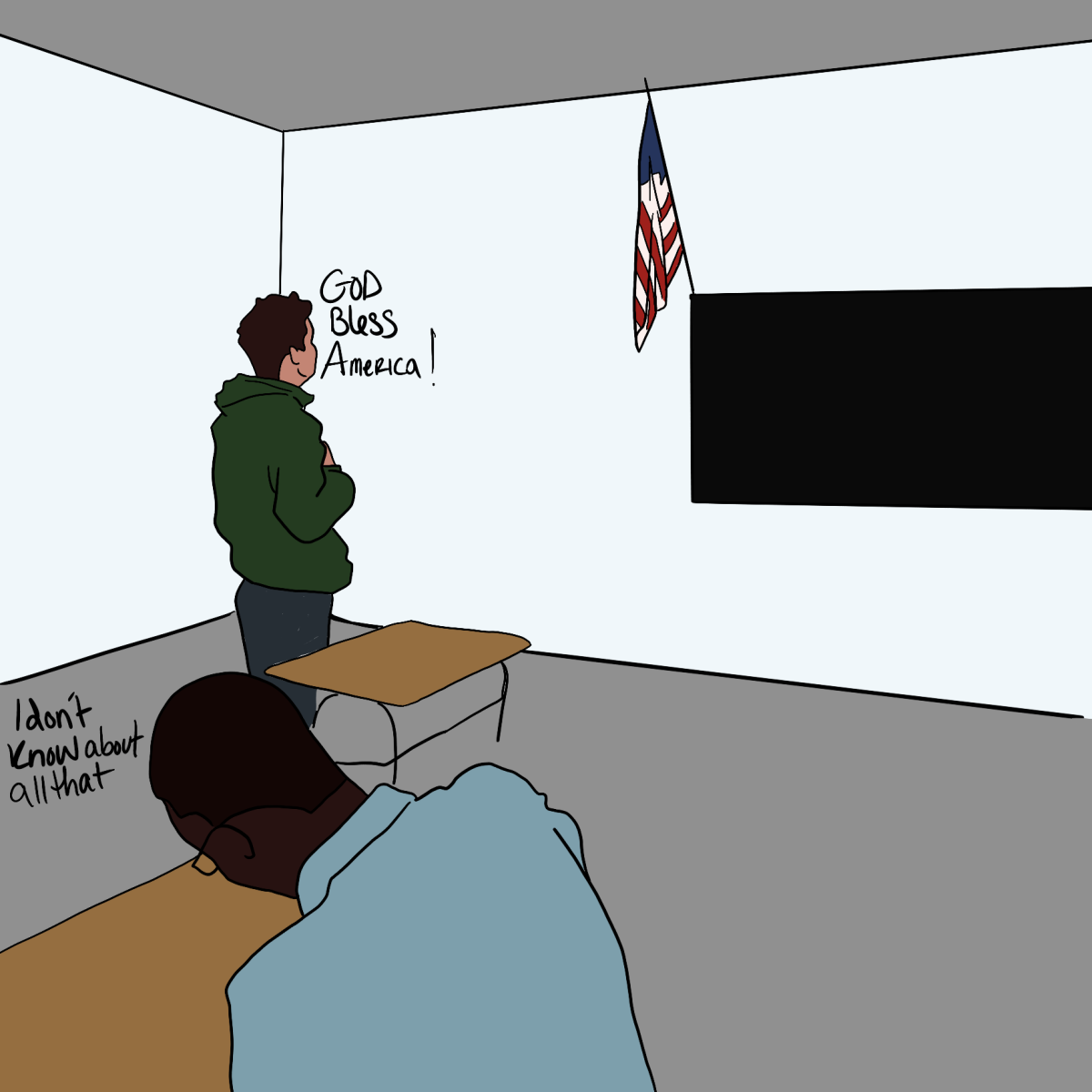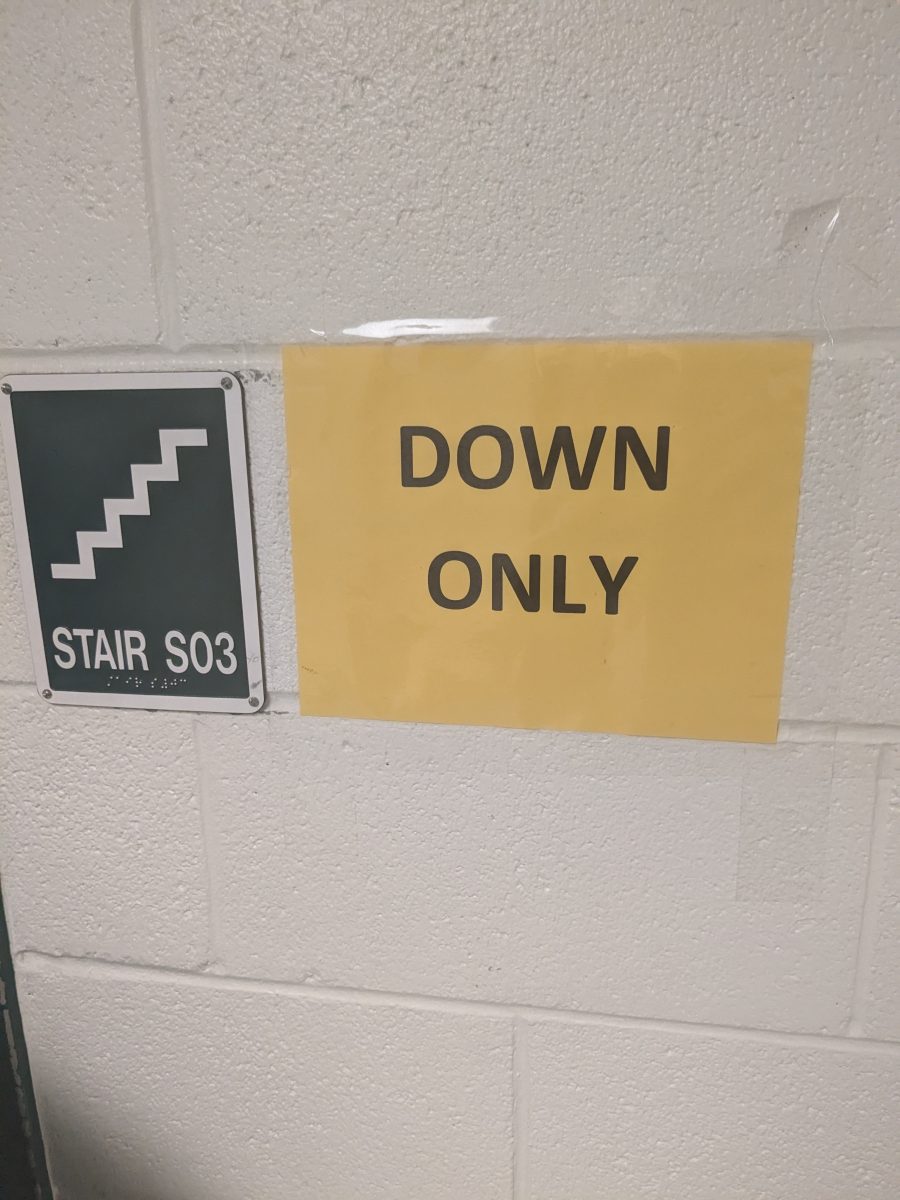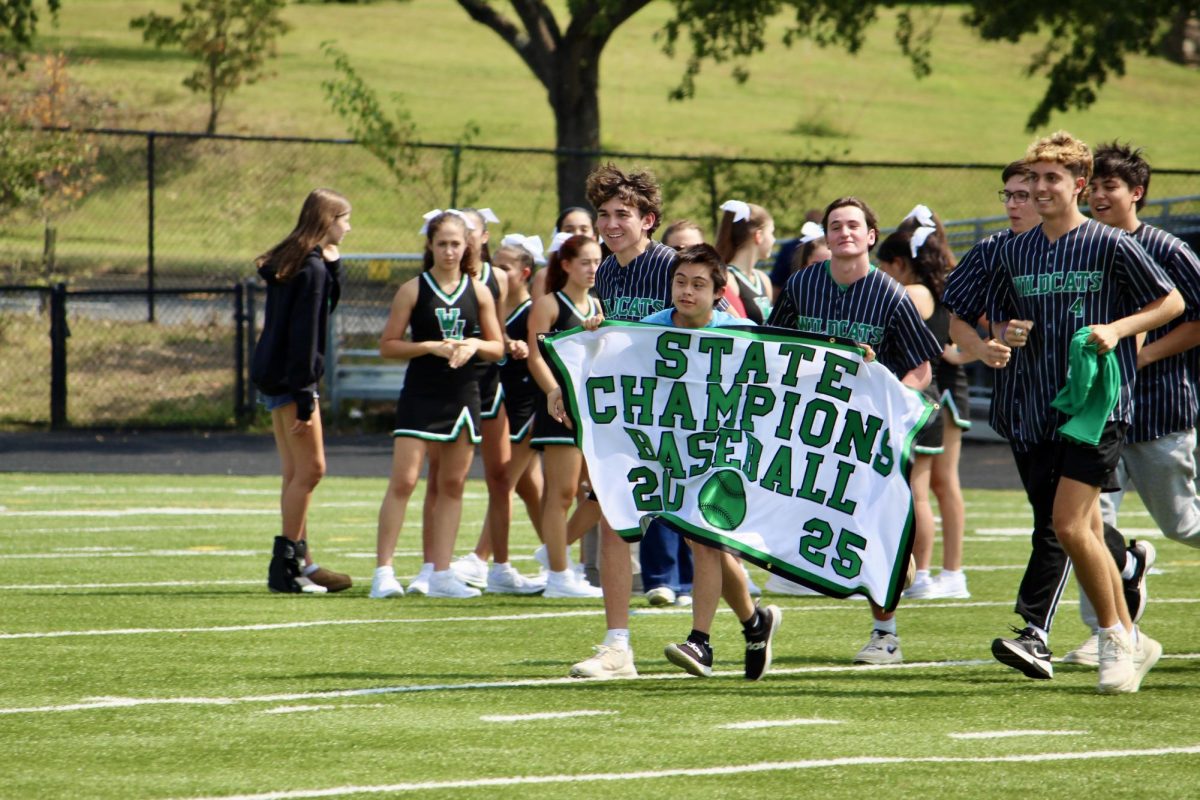Anti by Alex Wolfson
According to the American Psychological Association (APA), more than two-thirds of Americans deemed the 2020 Presidential Election and the future of the nation a “significant source of stress” in their lives. Additionally, in 2016, 27% of Americans preferred that their child marry a Republican and 28% preferred that their child marry a Democrat. Only 45% didn’t care. In short, politics have become very stressful, pervasive and increasingly divisive. We all need a break. The APA recommends getting away from politics to enjoy other activities. How about sports?
Democrats, Republicans and Independents alike can all be Nationals fans, or Orioles fans, or Wizards fans or Ravens fans. At the ballpark, we can all high five one another after a member of our team hits a go-ahead home run. Sports are non-controversial. They’re a break from all the chaos of an increasingly political society, one way to bring all of us together. Well, they used to be.
Athletes and sports teams have begun to delve more and more into politics. It’s a more recent trend that gained a lot of momentum in the past year, with the NBA and WNBA making several demonstrations this past summer, and the MLB moving the 2021 All-Star Game out of Atlanta, Georgia following an election reform law passed by the Georgia state legislature.
To be clear, anyone and everyone has the right to voice an opinion. Whether you are a political science major or a one-and-done (only one year of college) basketball player you can share your opinions. But it is worth questioning whether such active political participation is good for sports.
The past year, the MLB lost a legend, one of the greatest players of all time, Hank Aaron. He spent the majority of his career as a member of the Atlanta Braves. Having the 2021 All-Star Game in Atlanta presented a great opportunity to honor Aaron for all he did on the field and off it. The MLB is a baseball organization, first and foremost. Honoring Aaron in his home town should have been their number one priority, not a controversial voting law. Having the All-Star Game in Atlanta would have in no way endorsed the new voting law. Due to their decision to move the game, Aaron will be honored in Denver, Colorado, a city where he never played.
Ratings-wise, many sports are down. This is a broad trend, but looking at the past summer it was especially concerning. In the spring of 2020, virtually all sports, including baseball and basketball, were put on hold. Nonetheless, the MLB and NBA made triumphant returns in the summer. Despite the broad trend of declining ratings, one had to be optimistic about the return of sports. After all, in such a difficult time surely many must have been starved for playoff basketball.
And yet the NBA flopped. Big time. In fact, the ratings were down nearly 40 percent from the previous year, and the 2020 NBA Finals were by far the least-watched in NBA history. Could it be possible that some of the ratings decline could be attributed to the national anthem demonstrations by the players? Maybe. Many will argue that the NBA players weren’t being political, that they were fighting for basic rights. And that’s a legitimate view. But roughly half of the country wouldn’t agree. They’re turned off from sports because politics aren’t fun.
Unfortunately when athletes delve into politics it doesn’t always turn out well. Curt Schilling, a retired MLB pitcher, has been outspoken politically, providing his own commentary on various controversial issues. This past year, he voiced support for the disgraceful January 6 Insurrection on his Twitter. Schilling has the right to voice his opinions, but it’s undeniable that such active participation in politics has in part tarnished legacy.
Sports have always had the power to unite. We admire athletes primarily for what they do in the arena, for their athleticism and grace. We support our teams because we feel a part of something larger than ourselves and connect with other fans from all walks of life. Unfortunately, sports and athletes today have the capacity to divide.
Pro by Sammy Peterson
Professional sports is one of the few stages in our modern culture that can unite people no matter their political party. Fans of different ideologies and backgrounds can join together in jubilation when their team wins it all. The Super Bowl is the most watched broadcast on US televisions each year, and more fans are watching Major League Baseball than ever before.
It’s precisely because athletes have this massive platform that they have a duty to speak up when they see injustice. The American Experiment can only survive so long as we are free to speak out in the face of what is wrong.
However, not everyone agrees. Prominent figures on the right, for example, have fiercely criticized athletes whose views they disagree with. Tucker Carlson is a standard-bearer of Trumpism and modern conservatism, and he loathes when athletes protest. In 2018, he said that Colin Kaepernick’s kneeling during the national anthem was an “attack on the United States.” Yet, in reference to the attack on the United States that occured on January 6, 2021, the event where mobs of Trump-supporting insurrectionists stormed the US Capitol, Carlson recently opined about the poor “protestors” who remain jailed.
There is no statute in the Constitution mandating that the grievances voiced by popular figures must have universal support. That would be as ridiculous as telling athletes to simply “shut up and dribble,” as Fox News host Laura Ingraham famously told LeBron James and other NBA players in 2018.
There are two central reasons why telling athletes to “shut up” and just play their game is so wrong. The first reason is simple hypocrisy. When athletes are patronized and told to keep their political views silent, it is nearly always in reference to Black Lives Matter or other democratic points-of-view, like the recent removal of the MLB All Star Game from Georgia, which resulted from the state passing draconian voting laws that will disproportionately impact Black voters.
However, when athletes are speaking up for conservative issues, such as when New Orleans Saints QB Drew Brees voiced his disagreement with kneeling during the national anthem, the double standard couldn’t have been more clear. Brees was not told to “shut up and pass,” instead, he was lauded by many on the conservative media spectrum for not being afraid to share his opinion. Laura Ingraham, who we know doesn’t approve of athletes protesting, defended Brees’s.
“He’s allowed to have his view,” she told her national audience. In fact, she then said that those who were attacking Brees and attempting to silence him were “Stalinist.”
While Ingraham engaged in hypocrisy, she was half right. Brees had every right to express his opinion.
This is where the second and main reason that athletes ought to speak out comes into play. The American Experiment hinges on our freedoms, especially freedom of speech. As a society, we should embrace athletes amplifying their protests through their national megaphones. They are doing what the United States is all about, at its best. They are using their freedoms to the fullest extent of the Constitution.
Yes, some may be uncomfortable with what athletes are saying; but that’s okay. I understand that the opponents of these athletes speaking out are not making a legal argument, but it’s important to bring the First Amendment into play because of how patriotic these athletes are being by not being afraid to protest, regardless of public opinion.
When President John F. Kennedy wrote his “Profiles in Courage,” he hoped to share with the world the best that the United States had to offer. I would contend that when an athlete risks backlash for speaking out, they are demonstrating a Profile in Courage.
Athletes should not be silenced. Instead, their fortitude should be applauded, and serve as a lesson in what the United States of America is all about.






















